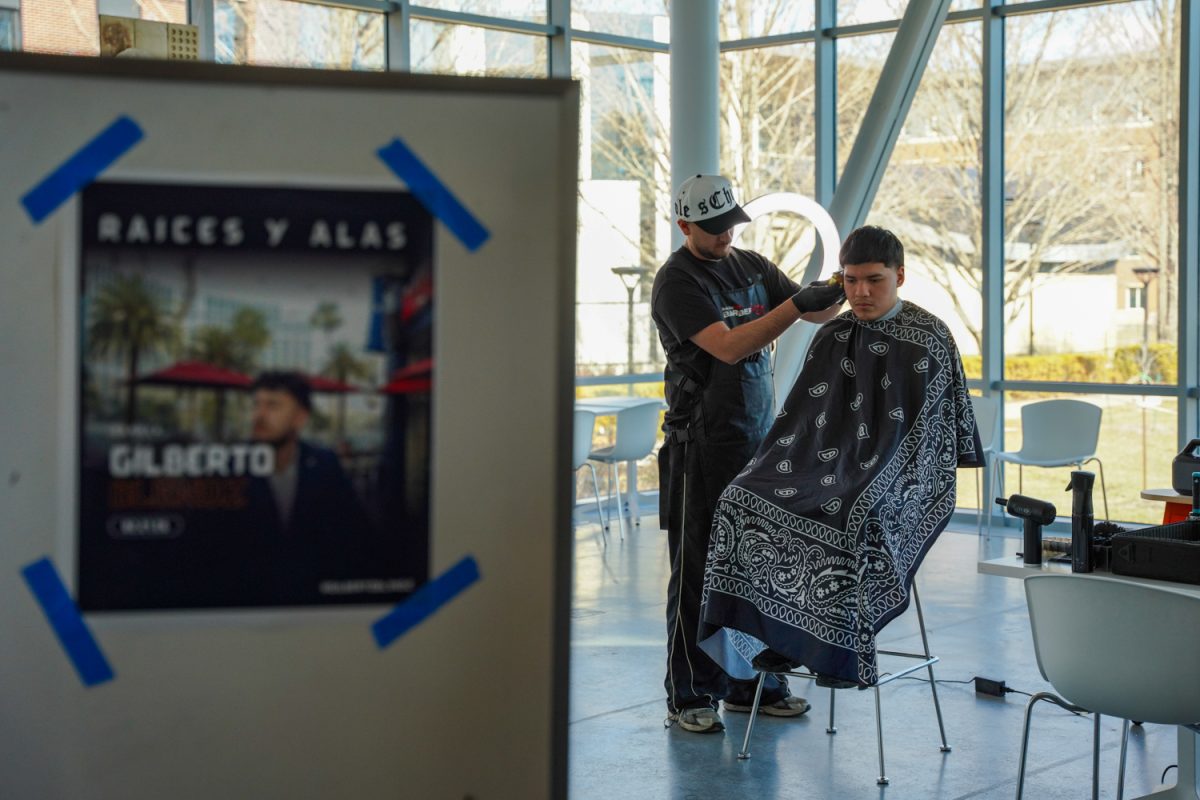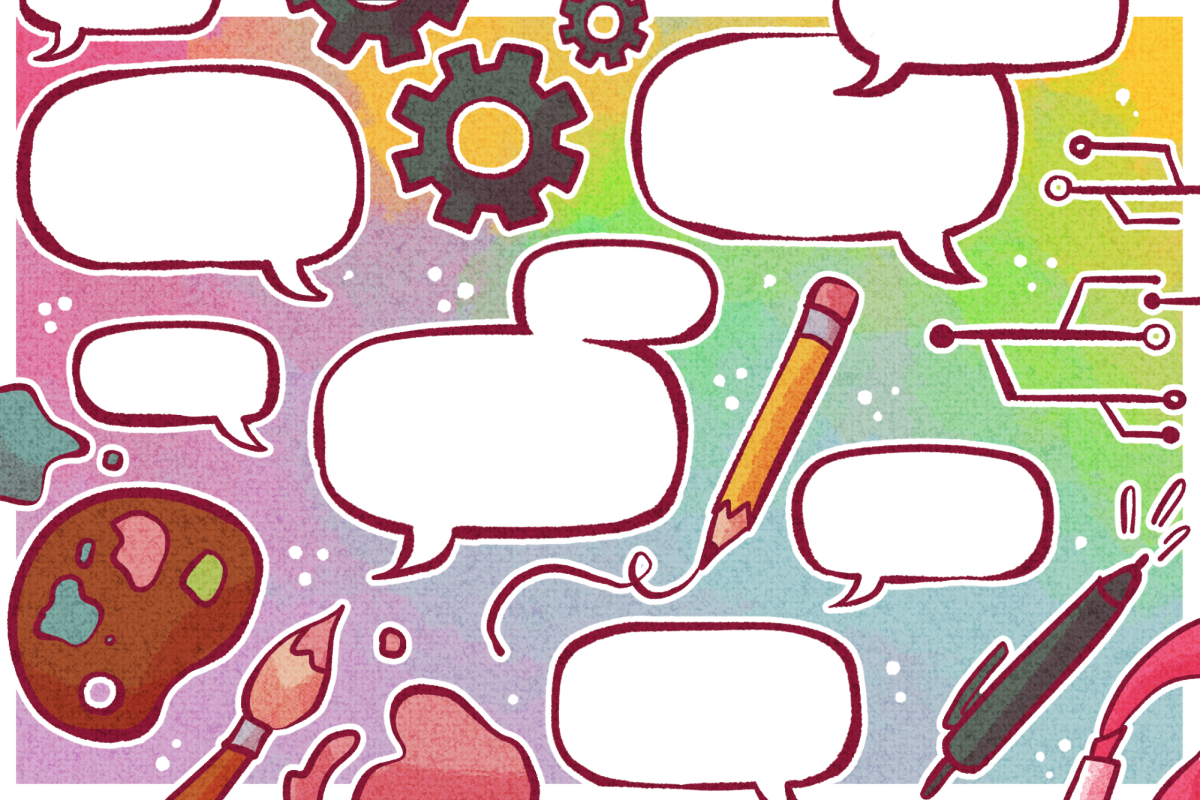Children throughout the community brought sharks, dragons, teddy bears, unicorns and other stuffed plushies to the Champaign Public Library Saturday for the Teddy Bear Hospital — an event designed to “treat” stuffed animals.
Initiated by the University of Illinois Veterinary Student Outreach program, the Teddy Bear Hospital has been a long, annual tradition that started to gain popularity over the years.
“The goal is just to teach simple concepts about veterinary medicine, and animal care to some of the kids around the local community in Champaign and surrounding areas,” said Alec Sanchez, a second-year student in Veterinary Medicine and the president of the VSOP.
The event operated in a rotation system of six stations and mimicked an actual healthcare experience with patients getting diagnosed and treated.
The first station was check-in, where attendees wrote patient intake forms for their stuffed animals.
Get The Daily Illini in your inbox!
The second station was the physical exam station, where the kids examined their plush toy with a stethoscope and the help of the veterinary students. Children were also provided a checklist with stamps to mark off different body systems.
Punam Khawas, who works for the Illinois Department of Human Services in Chicago, visited Champaign with her kids and was amazed by the event.
“I love it because the people who organized it are so invested,” Khawas said. “Like they’re making it like it’s a real thing.”
The third station was patient preparation and scrubbing. Here, children scrubbed their hands meticulously before going into surgery. They were precautioned to head to the next station without touching anything.
Children wore medical gowns and gloves to prevent the transfer of infections and went to the bandaging station. On the table, different-sized bandages were prepared so kids could wrap their stuffed animals’ wounds.
Chandler Hady, a first-year veterinary student and secretary of the VSOP, thought the event was a unique experience to keep kids engaged in learning about medicinal practices.
“It’s just so interesting to hear what kids think about medicine and what they anticipate us doing,” Hady said. “It’s also really fun to hear what they name their stuffed animals and how old they are.”
Sanchez highlighted the importance of the educational aspects of the event.
“A lot of people view pets as family members now,” Sanchez said. “We want to convey to the public that it’s important to know how to take care of them and what we do as professionals so that they can continue to trust us with their pets.”








